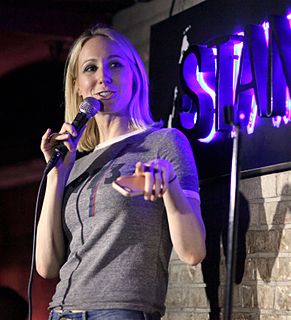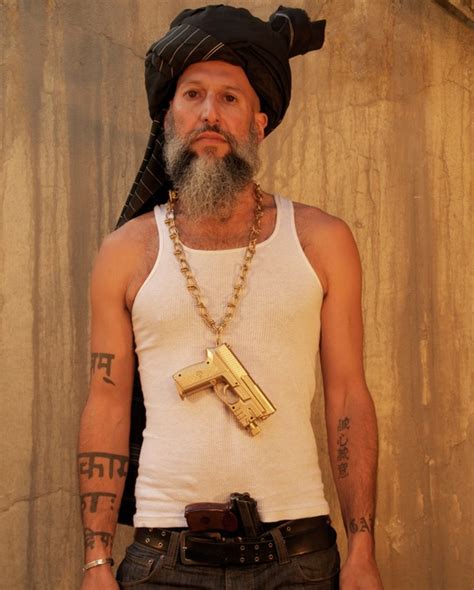A Quote by Trevor Noah
When you are honest in your comedy, you have to acknowledge the world that you're in. Through a comedic voice you're talking about what needs to be talked about, whether it's race relations or politics or anything that's happening on a global or an American scale.
Related Quotes
I have compromised down the line. I've disliked it intensely in the old days when you were trying to talk race relations and they would not allow you to talk about the legitimacies of race relations. In the old days, you didn't talk about black, you talked about Eskimo or American Indian, and the American Indian was assumed not to be a problem area.
We're very good at talking about the individual in American politics and excellent at talking about the government. But we have little ability to even acknowledge everything that exists in the middle, and given how influential politics is on every other part of our life, I think that failure of discourse is pretty corrosive to our overall culture.
It seems to me that we make a terrible mistake in talking about Trump as some kind of essence of evil. Trump is symptomatic of something much deeper in the culture, whether we're talking about the militarization of everyday life, whether we're talking about the criminalization of social problems, or whether we're talking about the way in which money has absolutely corrupted politics. This is a country that is sliding into authoritarianism.
Whether we're talking about what the role of the government is, what you think of the United Nations, political leaders or how to respond to [Hurricane] Katrina and whether it had anything to do with race, across a wide variety of issues we see differences between mainstream black and white American opinion that dwarfs anything in American public opinion, period. Democrat versus Republican, men versus women, conservative versus liberal, the black/white divide is the biggest, one of the biggest in the world, and certainly the largest gap in the United States.
What "Make America Great" means is it doesn't mean race, and it doesn't mean gender, and it doesn't mean sexual orientation, and it doesn't mean anything identity politics related that seems to appeal to the Democrat Party. It's about a culture. It's about an identity. It's about an idea - the American idea, the American ideal.
You don't necessarily have to do anything once you acknowledge your privilege. You don't have to apologize for it. You need to understand the extent of your privilege, the consequences of your privilege, and remain aware that people who are different from you move through and experience the world in ways you might never know anything about.

































